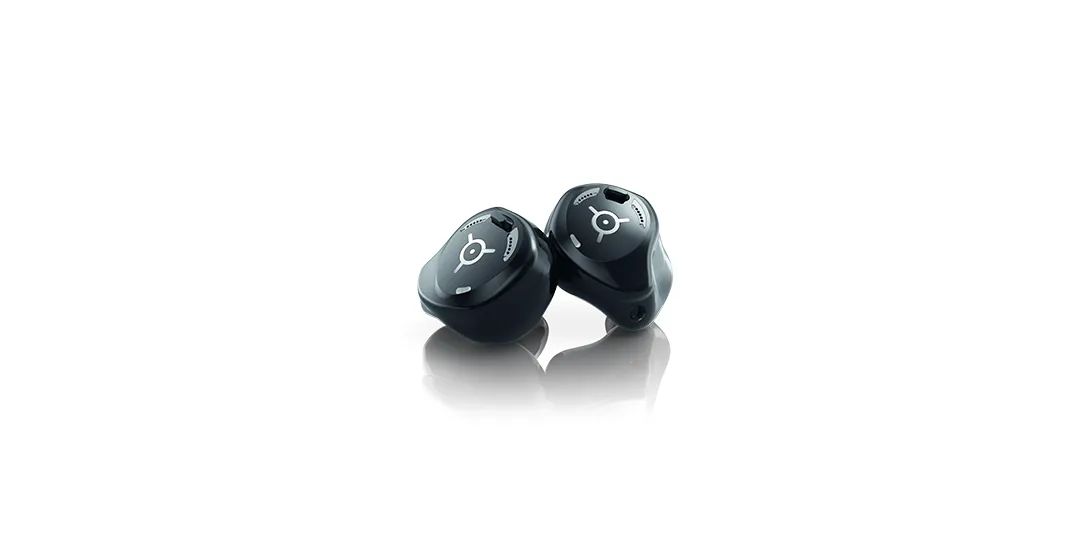The 5 Most Common Causes of Tinnitus | Connect Hearing

The 5 Most Common Causes of Tinnitus | Connect Hearing
5 min.
Publication Date: April 3, 2022
Ringing or buzzing sounds in one or both ears is a condition known as tinnitus. In some cases, the sounds are so loud they interfere with a person’s ability to concentrate.
When the sounds are only audible to an individual and no one else, the condition is known as subjective tinnitus. In rare cases, a doctor may be able to hear the rhythmic pulsing sounds of a condition known as pulsatile or objective tinnitus.
The Mayo Clinic says that tinnitus “affects about 15 to 20 percent of people and is especially common in older adults.” To avoid long-term damage, individuals suffering from tinnitus should consider the five most common causes of tinnitus before seeking medical treatment.
Age- or environment-related hearing loss
Tiny hairs in the inner ear move when they receive sound waves, triggering electrical signals from the ear’s nerve to the brain. As people age, these hair cells known as cochlea become bent or broken. When this happens, the cochlea sends random electrical impulses to the brain, which the brain interprets as sound, causing tinnitus.
Tinnitus is also common for people regularly exposed to loud noise, such as musicians or airplane mechanics. Protecting one’s ears and hearing is critical to avoiding this type of hearing loss which can bring about tinnitus.
Ear infection or ear canal blockage
When ear canals become infected or blocked with earwax, dirt, or foreign objects, the pressure within the ear canal can change. This can lead to tinnitus.
Good hygiene can prevent a buildup of some of this material, but in more serious cases, it is preferable to have a physician remove it.
Head or neck injuries
Trauma to the head or neck can impact the inner ear, hearing nerves, or even the area of the brain that relates to hearing. Typically, tinnitus that results from such an injury only affects one ear.
Medications
Medications that bring on tinnitus include nonsteroidal anti-inflammatory drugs (NSAIDs), some antibiotics, cancer drugs, diuretics, antimalarial drugs, and antidepressants. Tinnitus caused by medications usually worsens at higher dosages. Decreasing dosage or eliminating the medications altogether typically provides relief.
Ear and sinus infections
Ear or sinus infections can lead to temporary tinnitus. Even a common cold can bring on symptoms. However, tinnitus usually resolves when the body heals from the infection.
Less common causes of tinnitus
There are several less common causes of tinnitus including muscle spasms in the inner ear, temporomandibular joint disorder (TMJ), head or neck tumors, ear bone changes, and blood vessel disorders. Additionally, those who suffer from chronic conditions such as diabetes, thyroid issues, migraines, anemia, and autoimmune disorders can experience tinnitus.
Preventing tinnitus
Utilizing hearing protection such as custom ear plugs or noise-canceling headphones can help prevent tinnitus, especially if the person works in a loud environment. Turning down the volume when listening to music through headphones can also help. As people age, regular exercise, a healthy diet, and limiting alcohol, caffeine, and nicotine will lead to a healthier lifestyle and less risk of developing tinnitus.
The information contained in this article is for educational and informational purposes only. You should not use the information as a substitute for, nor should it replace, professional medical advice. If you have any questions about your health, you should always consult with a physician or other health-care professional.
Book an appointment
To learn more about the tinnitus solutions available to you, book an appointment to speak with one of our hearing care professionals today!



